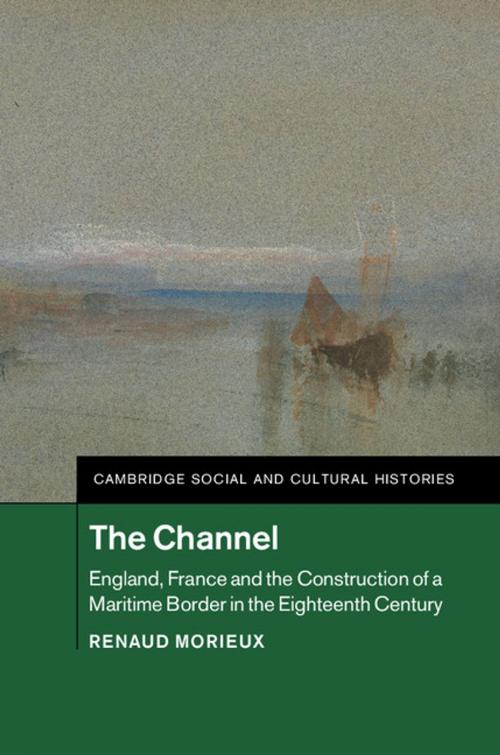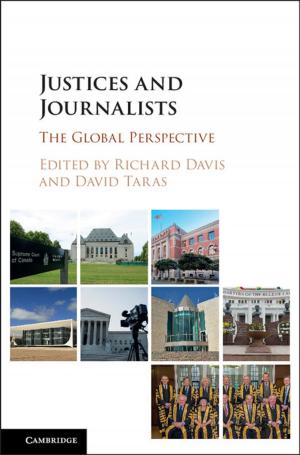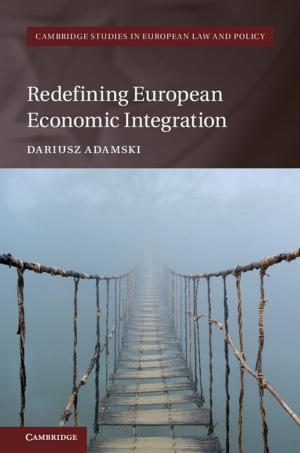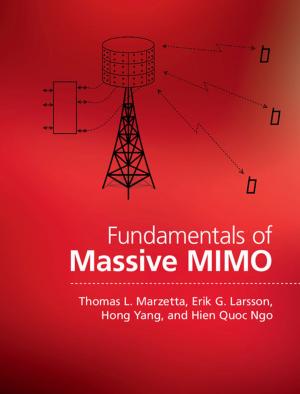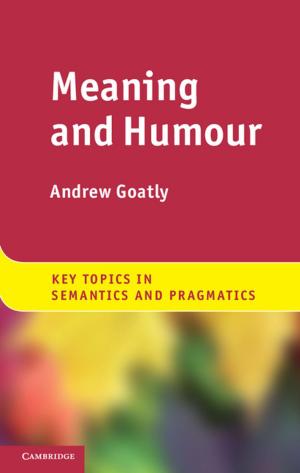The Channel
England, France and the Construction of a Maritime Border in the Eighteenth Century
Nonfiction, History, European General, Social & Cultural Studies, Social Science| Author: | Renaud Morieux | ISBN: | 9781316489079 |
| Publisher: | Cambridge University Press | Publication: | March 29, 2016 |
| Imprint: | Cambridge University Press | Language: | French |
| Author: | Renaud Morieux |
| ISBN: | 9781316489079 |
| Publisher: | Cambridge University Press |
| Publication: | March 29, 2016 |
| Imprint: | Cambridge University Press |
| Language: | French |
Rather than a natural frontier between natural enemies, this book approaches the English Channel as a shared space, which mediated the multiple relations between France and England in the long eighteenth century, in both a metaphorical and a material sense. Instead of arguing that Britain's insularity kept it spatially and intellectually segregated from the Continent, Renaud Morieux focuses on the Channel as a zone of contact. The 'narrow sea' was a shifting frontier between states and a space of exchange between populations. This richly textured history shows how the maritime border was imagined by cartographers and legal theorists, delimited by state administrators and transgressed by migrants. It approaches French and English fishermen, smugglers and merchants as transnational actors, whose everyday practices were entangled. The variation of scales of analysis enriches theoretical and empirical understandings of Anglo-French relations, and reassesses the question of Britain's deep historical connections with Europe.
Rather than a natural frontier between natural enemies, this book approaches the English Channel as a shared space, which mediated the multiple relations between France and England in the long eighteenth century, in both a metaphorical and a material sense. Instead of arguing that Britain's insularity kept it spatially and intellectually segregated from the Continent, Renaud Morieux focuses on the Channel as a zone of contact. The 'narrow sea' was a shifting frontier between states and a space of exchange between populations. This richly textured history shows how the maritime border was imagined by cartographers and legal theorists, delimited by state administrators and transgressed by migrants. It approaches French and English fishermen, smugglers and merchants as transnational actors, whose everyday practices were entangled. The variation of scales of analysis enriches theoretical and empirical understandings of Anglo-French relations, and reassesses the question of Britain's deep historical connections with Europe.
